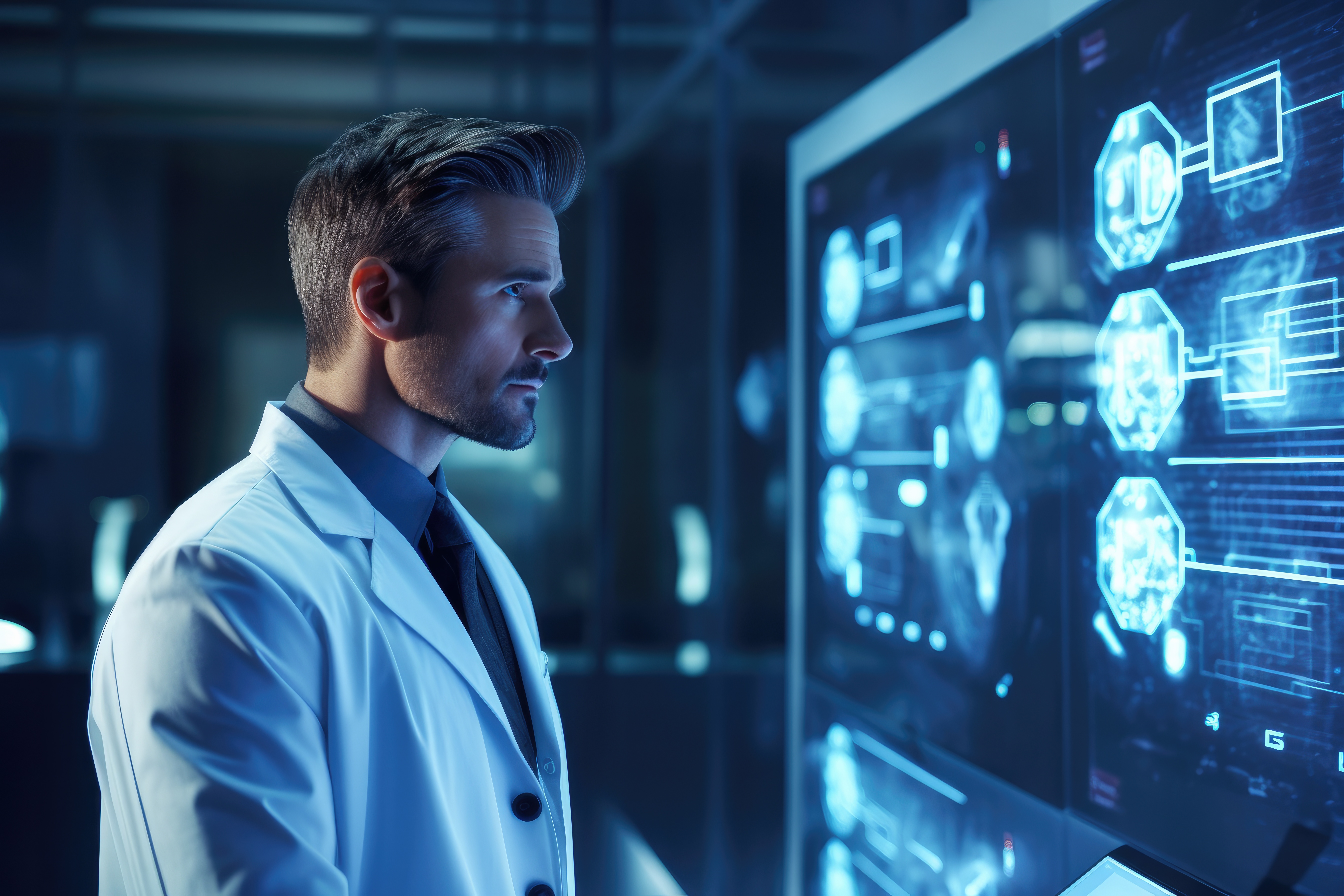There are no items in your cart
Add More
Add More
| Item Details | Price | ||
|---|---|---|---|
Aug 1, 2025
Artificial Intelligence (AI) is driving a seismic upheaval in the scientific world. From drug discovery to climate modeling, AI-driven science is accelerating breakthroughs that once took decades into mere months—or even weeks. By leveraging massive datasets, machine learning algorithms, and advanced computational power, researchers are unlocking new frontiers in innovation.
This blog explores how AI is revolutionizing scientific research, the key areas where it's making an impact, and what the future holds for AI-driven discovery. Whether you're a scientist, tech enthusiast, or business leader, understanding this transformation is crucial in staying ahead in an increasingly data-driven world.
The Rise of AI in Scientific Research
Science has always been data-intensive, but traditional methods struggle with the sheer volume and complexity of modern datasets. AI, particularly machine learning (ML), excels at identifying patterns in vast amounts of information.
AI-driven simulations outperform conventional models by learning from historical and real-time data.
Labor-intensive tasks like data labeling, literature reviews, and hypothesis generation are now being automated.
AI is revolutionizing diagnostics, treatment planning, and drug development.
Discovering new materials traditionally required trial and error. AI predicts material properties, leading to innovations like:
AI aids in analyzing astronomical data and automating spacecraft operations.
AI supports conservation efforts and pollution control.
Although science powered by AI has enormous promise, there are drawbacks as well:
Ethical AI use requires transparency, fairness, and collaboration between scientists, policymakers, and technologists.
The next decade will see AI becoming an indispensable partner in research:
As AI continues to evolve, its role in scientific discovery will only grow, ushering in a new golden age of innovation.
AI-driven science is not just an incremental improvement—it's a paradigm shift. By accelerating data analysis, enhancing predictive models, and automating research, AI is enabling discoveries at an unprecedented pace. While challenges remain, the potential benefits for medicine, environmental science, space exploration, and beyond are immense.
The future belongs to those who embrace AI as a transformative force in science. Whether you're a researcher, investor, or policymaker, now is the time to engage with this revolution.
1. How is AI different from traditional computing in science?
AI learns from data and improves over time, whereas traditional computing follows predefined rules. AI can uncover hidden patterns that humans might miss.
2. Can AI replace scientists?
No. AI augments human intelligence by handling repetitive tasks, allowing scientists to focus on creativity and interpretation.
3. What are some real-world examples of AI in science?
Examples include AlphaFold (protein folding), AI-driven drug discovery (e.g., COVID-19 treatments), and NASA's AI-powered Mars rover navigation.
4. Is AI in science ethically safe?
Ethical concerns exist, such as data bias and accountability. Responsible AI use requires transparency and regulation.
5. How can researchers start using AI in their work?
Begin with open-source AI tools and collaborate with data scientists. Many universities offer AI training for researchers.
6. Will AI make scientific research cheaper?
Initially, AI implementation can be costly, but long-term benefits include faster discoveries and reduced experimental waste.
7. What's the biggest limitation of AI in science?
AI requires high-quality data. Poor or biased data leads to unreliable results.
8. How will AI shape the future of scientific publishing?
AI could automate peer review, detect plagiarism, and even generate research summaries, speeding up knowledge dissemination.